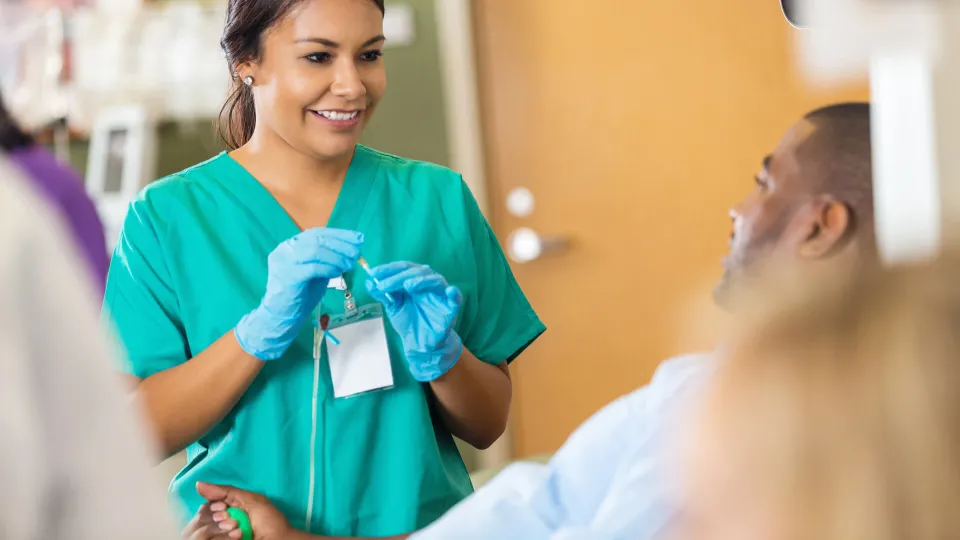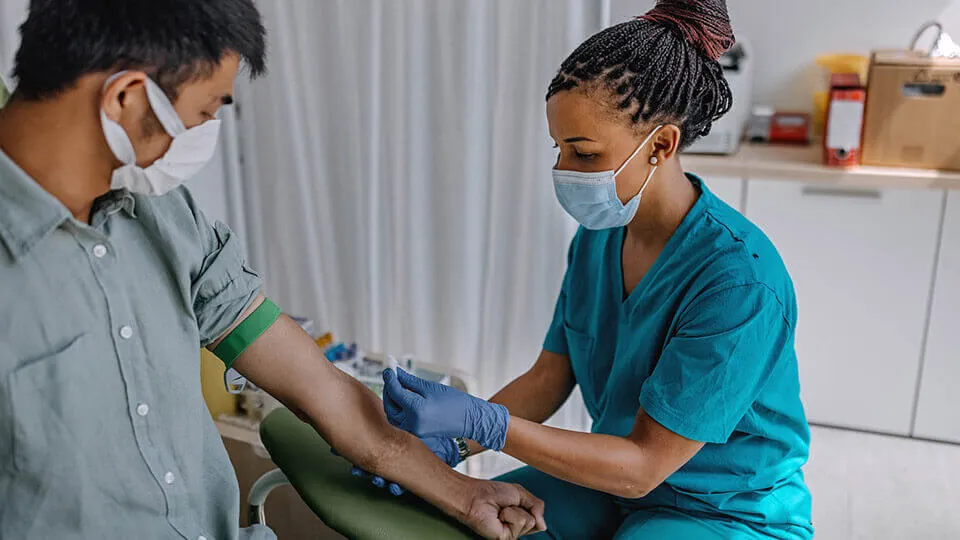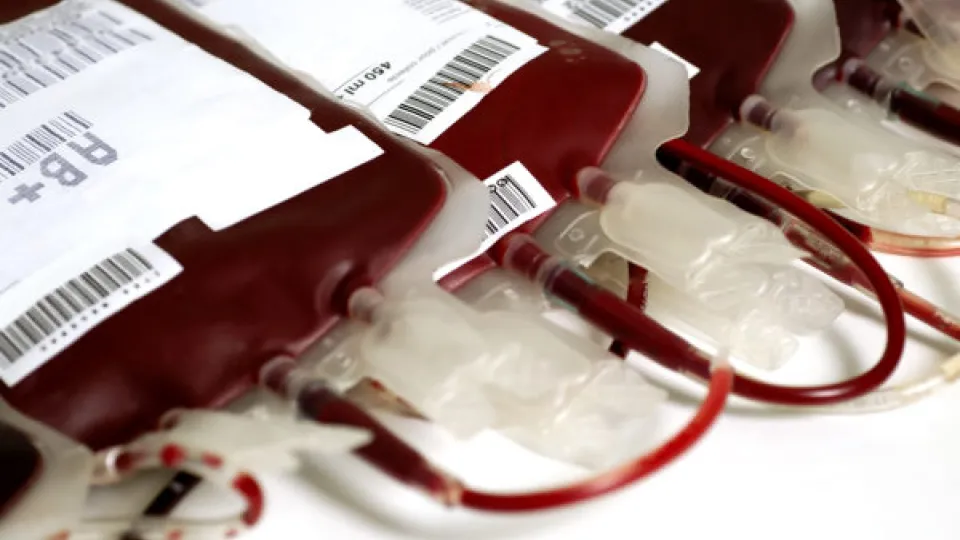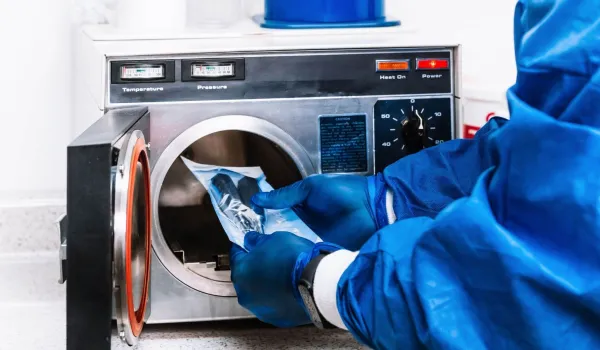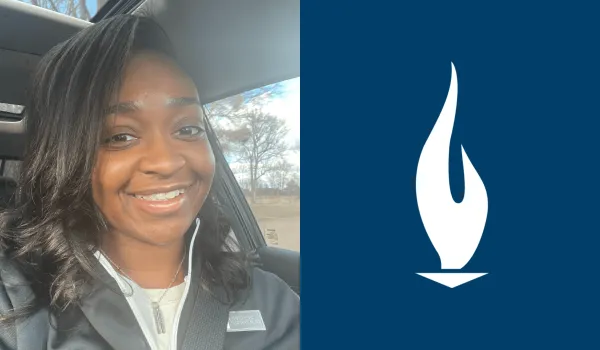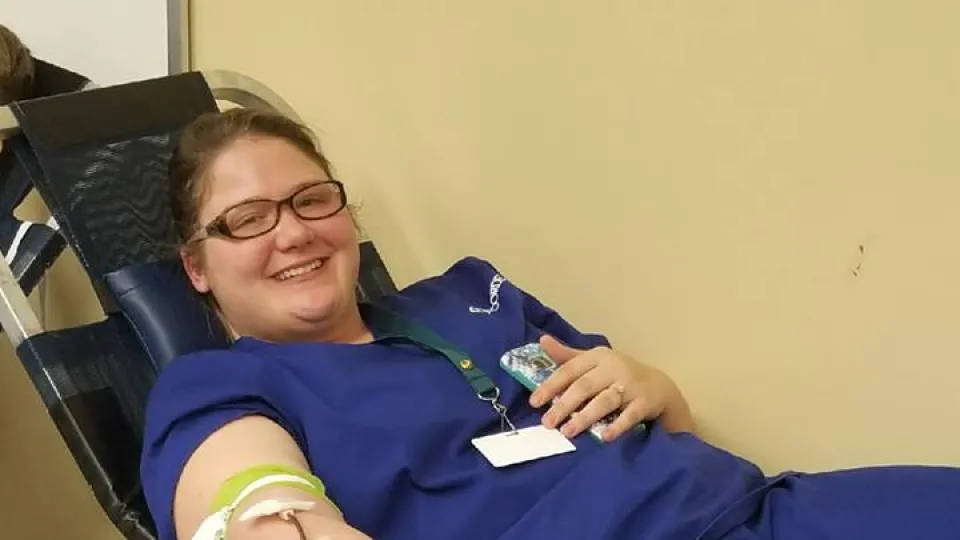
Last year had more than its share of natural disasters, not to mention disasters of other sorts like mass shootings. Each of those disasters had things in common. A lot of heartbreak, suffering ... and, a need for blood.
There is always an increased need for blood donations during and following a natural disaster like Hurricane (fill in the name) or man-made disaster like the Las Vegas shooting. We wanted to learn more about this need. So, we sought out the expertise of Diana Riddle, BSCLS, MT(AMT)CCP, Clinical Director of the Medical Laboratory Technician program at the Concorde Memphis, TN campus.
Riddle serves as the blood bank instructor in the Medical Laboratory Technician program. She's working on a master's degree in transfusion medicine, as well as Blood Bank Specialist certification.
Interested In How To Become a Phlebotomist?
Click here to explore Phlebotomy programs near you!
The need for blood from the viewpoint of a Medical Laboratory Technician
"The need for blood is a 24/7/365 issue," Riddle said. "Most people think of donating when there is an obvious need, such as the Las Vegas shooting or a mass casualty disaster. The truth is that, in those cases, a commodity that is already in constant demand/shortage is actually totally depleted in the region of the incident."
According to Riddle, a person is eligible to donate blood as frequently as every 56 days, or eight weeks. There are a number of eligibility factors that are assessed, but once accepted for donation, a person could potentially give blood six times a year.
"Most people cannot keep up that level of donation due to the loss of iron from the body," she said. "When we give blood, we lose some of our iron ... as much as one-sixth of our total stores. I like to recommend that people consider giving once a quarter, so long as they tolerate the iron loss. Eating iron-rich foods shortly before and for a time after donating can help, as well as taking an iron supplement."
Learn the difference between a phlebotomist and phlebotomy technician.
What a trauma victim needs, according to a Medical Laboratory Technician
Riddle said a person who suffers a trauma can use 6-12 units of red blood cells (RBCs) (1-2 body volumes) and 5-10 units of plasma. Platelets also are a frequently used blood product, especially for patients who are being treated for cancer. Individuals with liver disease use a great deal of plasma and a product called cryoprecipitate, which is made from plasma.
Again, Riddle stresses, disasters tend to make people think about donating, but the need is constant.
"There is a shortage of blood in our country every single summer," she said. "It's a time when people who do give go on vacation and either choose not to give or forget to give.
"Additionally, it's a time when we tend to engage in riskier activities like skiing, boating, hiking, etc. More injury, plus less blood, equals shortage."
Riddle said one donation can potentially produce three products – one unit of RBCs, one unit of plasma and one dose of cryoprecipitate. And, when it comes to times of disaster, or any other for that matter, the need is strong.
So, Concorde students, faculty and associates, be good citizens and do your part by giving blood whenever you can.
Take The Next Step Towards a Brighter Future
Interested in learning more about our Phlebotomy program?
We have a Concorde representative ready to talk about what matters most to you. Get answers about start dates, curriculum, financial aid, scholarships and more!

